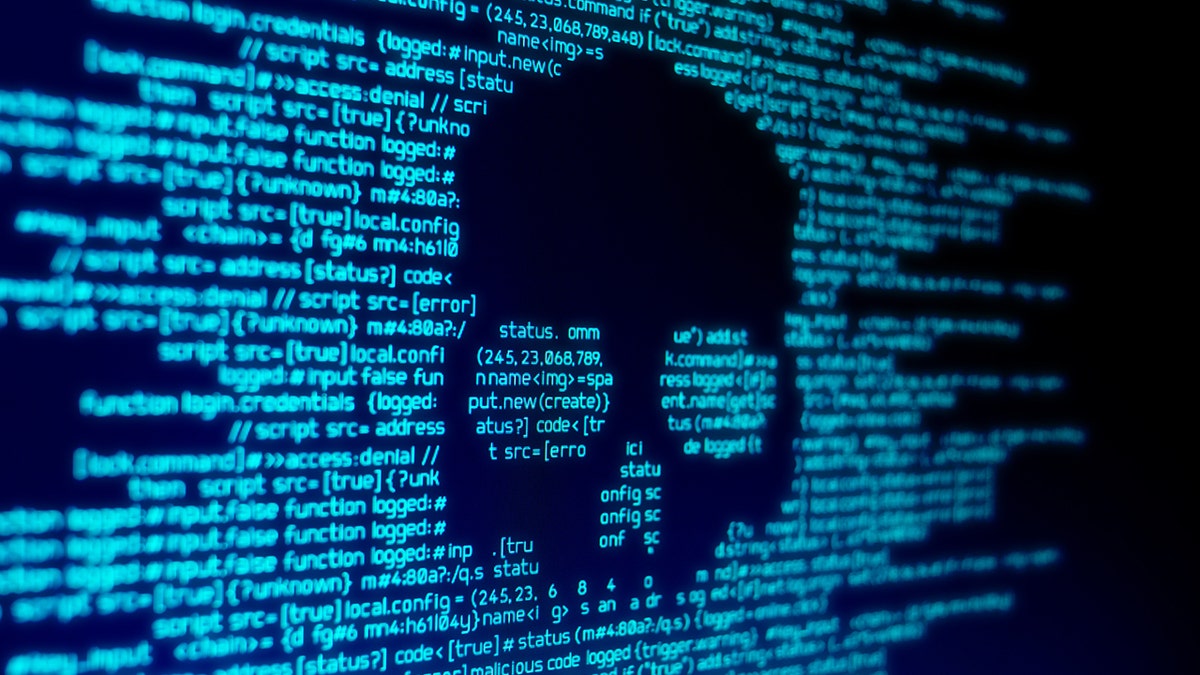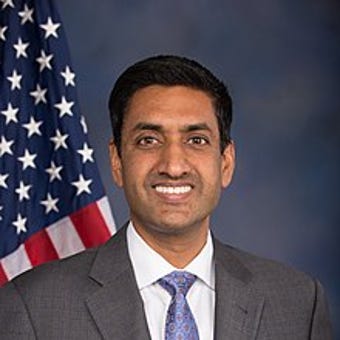Pompeo: We have further evidence China is taking US TikTok users' data
Former Secretary of State Mike Pompeo discusses a report that China repeatedly accessed TikTok's U.S. user data and the possibility of President Biden lifting tariffs on China.
In a world where our lives are lived more and more online, ensuring our data is secure and encrypted is going to be a top concern for Americans. Just imagine a future where your text messages, emails, and Social Security number can be easily hacked and made public.
As quantum computing continues to progress, we need to take steps now to ward off that dystopian future.
These quantum computers are essentially supercomputers that, in theory, will be able to use quantum physics to break the encryption algorithms currently used to protect sensitive data. A fully quantum computer does not exist today, but that’s not stopping our adversaries from engaging in a tactic called "steal now, decrypt later," which involves gathering encrypted data with the goal of developing a quantum computer that will allow them to access it in the future.
PRIVACY TIP: 5 WAYS YOU’RE BEING TRACKED YOU MUST STOP RIGHT NOW
Too often, Congress passes legislation to address problems that already exist. It’s time to be proactive to protect consumer data and strengthen our national security.

Computer code on a screen with a skull representing a computer virus / malware attack. (iStock)
One of the best ways to defend against this technology is something called post-quantum cryptography, which are algorithms and encryption that are quantum proof. Our current systems in the federal government do not have this post-quantum protection, so our data is vulnerable to steal now and decrypt later. We need to have the federal government planning for this migration, and Congress should play an oversight role in this process.
That’s why we introduced the bipartisan Quantum Computing Cybersecurity Preparedness Act with Rep. Gerry Connolly, D-VA, which passed in the House this week. It will ensure that encryption used by the federal government to keep our systems and valuable data safe is quantum proof and would establish Congress’ oversight role in implementing this technology.
The National Institute of Standards and Technology is working on setting standards for post-quantum cryptography. Once those standards are released, our bill will direct the Office of Management and Budget (OMB) to quickly migrate critical government systems over to post-quantum cryptography. It will also require OMB to provide a yearly report to Congress on the transition.
CLICK HERE TO GET THE OPINION NEWSLETTER
If this technology is years, if not decades, away from being developed, why should we invest in a solution now? First, most of the valuable information that hackers are gathering now will still be valuable years down the line, such as Social Security numbers, addresses, and bank account information.
This is also a potential threat to our national security, exposing data used by our government and our military. Paul Nakasone, director of the National Security Agency, has said that "A cryptanalytically relevant quantum computer could jeopardize civilian and military communications as well as undermine supervisory and control systems for critical infrastructure."
CLICK HERE TO GET THE FOX NEWS APP
We’re glad to see bipartisan support in Congress for our legislation and hope that the Senate will act swiftly to get this bill to the president’s desk. There is no time to delay. The federal government must support innovation and step up to address future threats. This technology could one day help us solve many of the world’s problems from speeding up vaccine development to strengthening our financial system. It’s essential to ensure that the U.S. remains a leader in technology and can compete with China.
If we wait to secure our data until a fully quantum computer is developed, it will be too late.
CLICK HERE TO READ MORE FROM REP. RO KHANNA
CLICK HERE TO READ MORE REP. NANCY MACE
Republican Nancy Mace represents South Carolina’s 1st District in the U.S. House of Representatives.










































